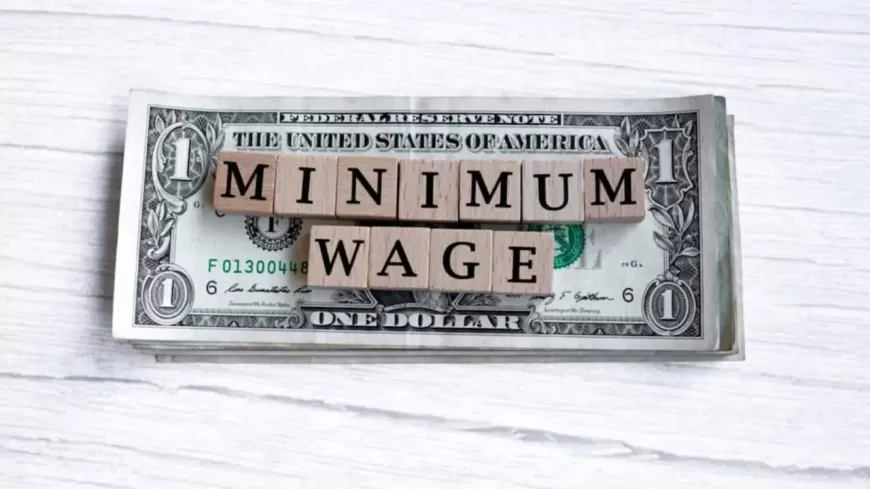Minimum Wage Rises in 21 States Across the United States in 2025
Minimum wages in 21 U.S. states increased on January 1, 2025, with Delaware, Illinois, and Rhode Island reaching $15/hour. key updates here.

Workers in 21 states welcomed the new year with increased minimum wages, reflecting ongoing state-level efforts to address wage stagnation. These changes, effective January 1, 2025, highlight the growing divide between federal and state minimum wage policies.
The federal minimum wage remains at $7.25 per hour, unchanged since July 2009. Although President Biden campaigned on a promise to raise the federal minimum wage to $15 an hour, that goal was never realized. In response, many states have taken independent action over the past 15 years to adjust wages in line with economic demands and voter mandates.
As of 2025, Delaware, Illinois, and Rhode Island have joined the group of states with a $15 minimum wage, thanks to ballot initiatives approved by voters and later signed into law. Nebraska and Missouri residents also voted to raise their wages to $13.50 and $13.75 per hour, respectively.
New York saw one of the highest state minimum wage increases, with rates rising to $15.50 per hour statewide and $16.50 for workers in New York City, Long Island, and Westchester County. Michigan also raised its minimum wage to $10.56 per hour.
President-elect Donald Trump has not committed to a federal minimum wage increase but expressed an openness to discussing the issue with governors. In an interview, Trump noted the complexities of a universal wage due to differences in cost of living across states, citing Mississippi and Alabama as examples of regions with lower living costs compared to New York or California.
Additionally, 20 states and the District of Columbia have mechanisms to adjust their minimum wages annually based on inflation, though these changes typically occur mid-year rather than at the start of the calendar year.
However, seven states—Alabama, Georgia, Louisiana, Mississippi, South Carolina, Tennessee, and Wyoming—either lack a state minimum wage law or set their minimum below the federal standard, leaving workers reliant on the federal $7.25 minimum.
These state-level initiatives underscore the ongoing challenge of addressing wage disparities nationwide, as policymakers grapple with balancing economic realities and cost-of-living variations across regions.
































































